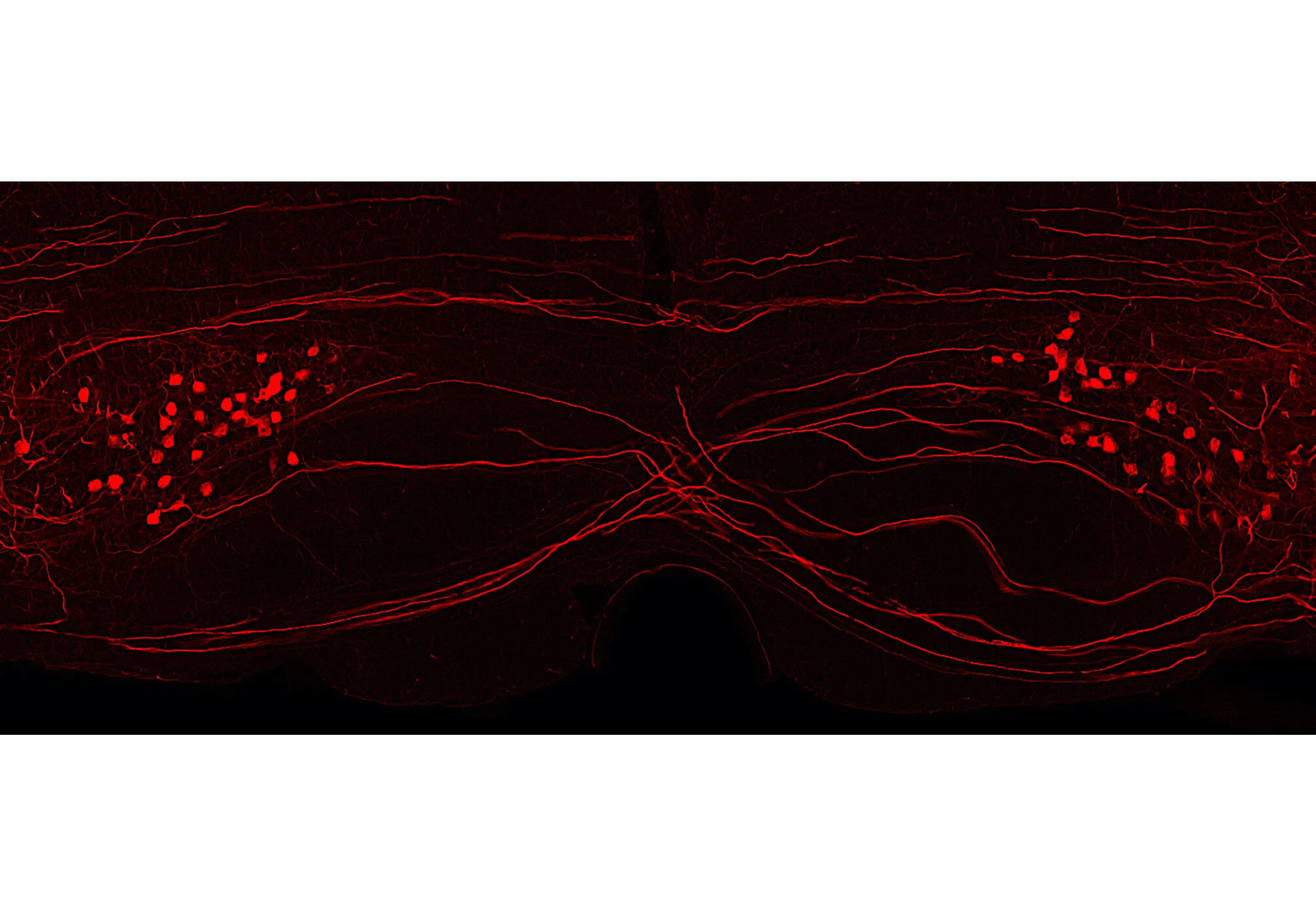Welcome to the V- Lab!
Our goal is to contribute groundbreaking science toward unraveling the CNS circuits that drive physiology, using the lower urinary tract (LUT) as a model system.
We study neural circuits and explore how urinary continence is maintained. Our ambition is to identify all functional neuron subtypes in the micturition reflex pathway. We also investigate how signals originating from within (i.e., bladder fullness), are sensed and become integrated in neuronal circuits, before leading to a micturition (urination) event.
By defining the neural activity dynamics, identifying the circuit features that integrate sensory information, and through the functional mapping of CNS circuits that regulate bladder behaviors, our studies may lead to new insights into how bladder stretch sensation is encoded in the brain, as well as into the pathology and treatment of lower urinary tract symptoms (LUTS) and related disorders.
** For a Post-doctoral fellowship opportunity: please send an email with your CV, a description of your research interests and career goals, and contact information for three references.
>> Also check out this article about Bladder-Brain Research in “Knowable Magazine” (May 2024): https://knowablemagazine.org/content/article/health-disease/2024/how-do-we-sense-the-need-to-urinate ! <<





